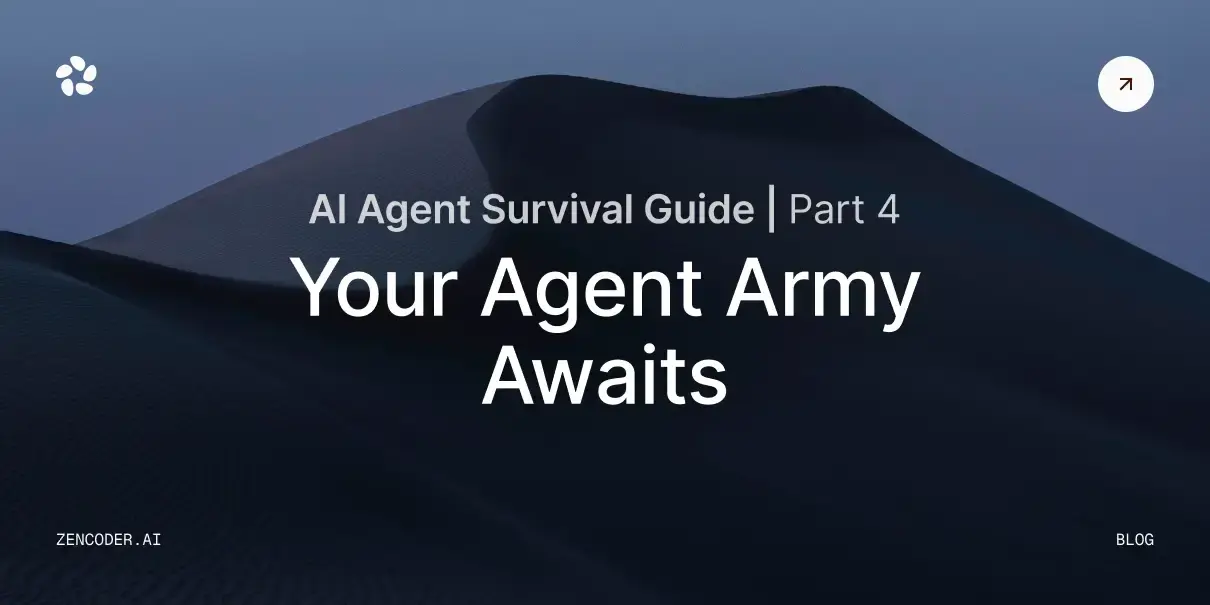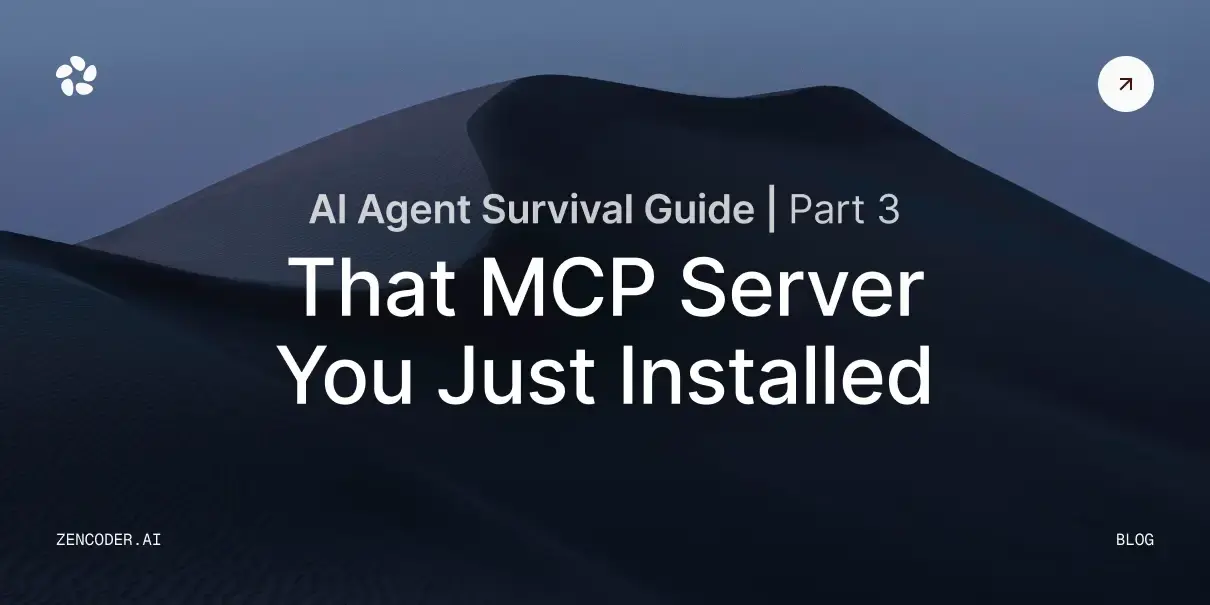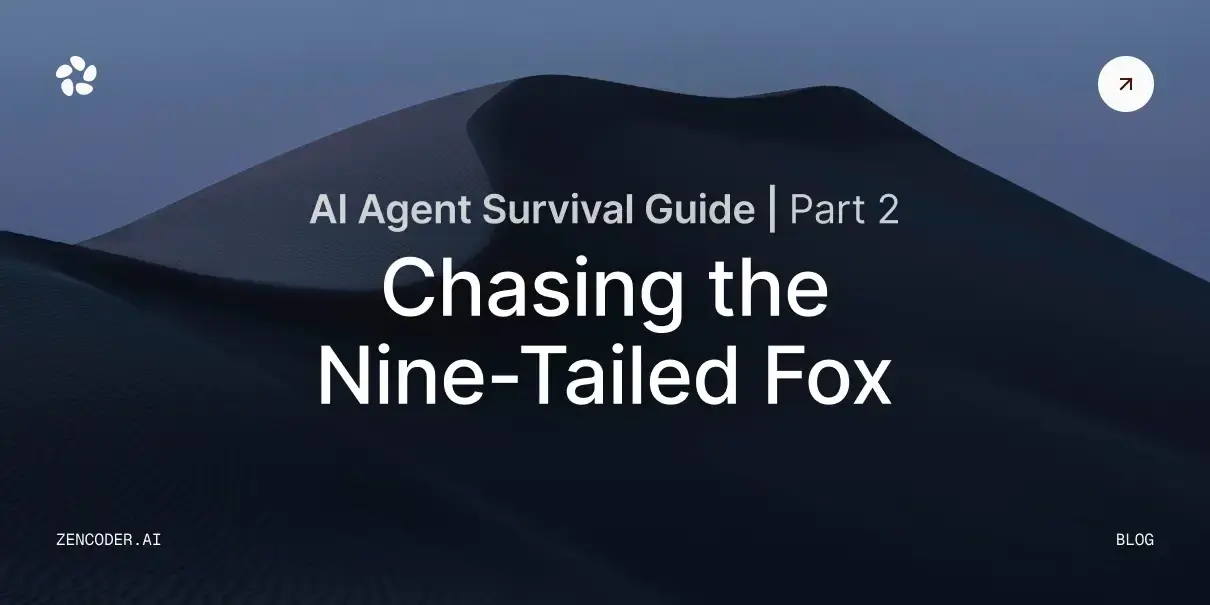The adoption of developer AI tools has accelerated dramatically over the past few years, with tangible benefits emerging across organizations of all sizes. Despite these advances, engineering organizations are still slow to fully leverage AI's potential.
The AI Adoption Gap by the Numbers
- 75% of C-suite executives believe their organizations have successfully adopted AI, only 45% of employees share this view (Writer). This perception gap highlights fundamental misalignments in how AI implementation is being approached and measured.
- 30% of CIOs believe that more than 20% of their technical budget intended for new products is diverted to resolving technical debt-related issues (McKinsey).
- 78% of developers spend at least 30% of their time on manual, repetitive tasks (Harness).
These numbers paint a clear picture: while individual AI adoption is accelerating, organizational coordination lags behind. Engineers are using powerful tools, but often in isolation and without the support structures needed to share best practices across teams. The result is a landscape of unrealized potential where impressive individual gains don't fully translate to organizational transformation.
Zen Agents: Bridging the Divide
When we started exploring how to take AI coding assistance beyond individual productivity, we found ourselves returning to the same question: Why is something that's so transformative for individual engineers not creating equivalent organization-wide transformation?
- Siloed AI usage: On the same team, one engineer might discover an exceptional prompt for reviewing accessibility issues, while another created a brilliant approach for generating unit tests. But these discoveries rarely spread efficiently across the organization. Zen Agents addresses this fragmentation by making agents shareable across entire teams and organizations, transforming individual improvements into collective assets
- Disorganization: where engineering organizations now excel at version control and single-source-of-truth for their code, AI coding agents typically lack those same controls.Zen Agents enables engineering leaders to establish and maintain consistent practices across their organizations, which is particularly valuable for onboarding new team members who can immediately access the collective intelligence of the organization rather than learning practices piecemeal.
- Configuration Complexity: The tools, frameworks, and practices that define development workflows are evolving faster than ever, requiring AI assistants to evolve alongside them. We designed Zencoder’s curated MCP Library with this flexibility in mind, leveraging Anthropic’s protocol to interact with external tools and data sources. This means agents can be specifically designed for the unique needs of different workflows, frameworks, or codebases. This adaptability extends beyond individual teams through our open marketplace through which the community can contribute specialized agents for any use case.
The Near Future of AI Adoption
Looking ahead, clear trends are emerging that will likely define the next 12-24 months of software development.
From Personal Tools to Team Workflows: Organizations at the forefront of this trend are creating specialized agents for specific parts of the engineering workflow – not just code generation, but testing, review, documentation, and deployment. This integration across previously separate steps will likely become standard practice by 2026.
Embedded Governance and Standards: 80% of companies either allow third-party AI tools or have no established policy (Jetbrains), an unsustainable situation as AI becomes more central to development processes. Adaptive teams are already moving toward embedded governance that balances innovation with control. The next generation of AI coding tools will likely include built-in mechanisms for enforcing code quality, security standards, and compliance requirements.
Closing the Perception Gap
The most successful organizations will focus less on the mere presence of AI tools and more on measurable outcomes – reduced time to deployment, decreased defect rates, or improved maintainability. In the near future, we expect to see standardized metrics for evaluating the impact of AI on engineering productivity, creating a shared understanding between leadership and staff about what successful adoption actually means.
Only 1% of organizations currently consider themselves to have reached AI maturity (McKinsey). Those that thrive will be those that move beyond individual experimentation to coordinated, team-wide implementation with clear governance and measurable outcomes.



